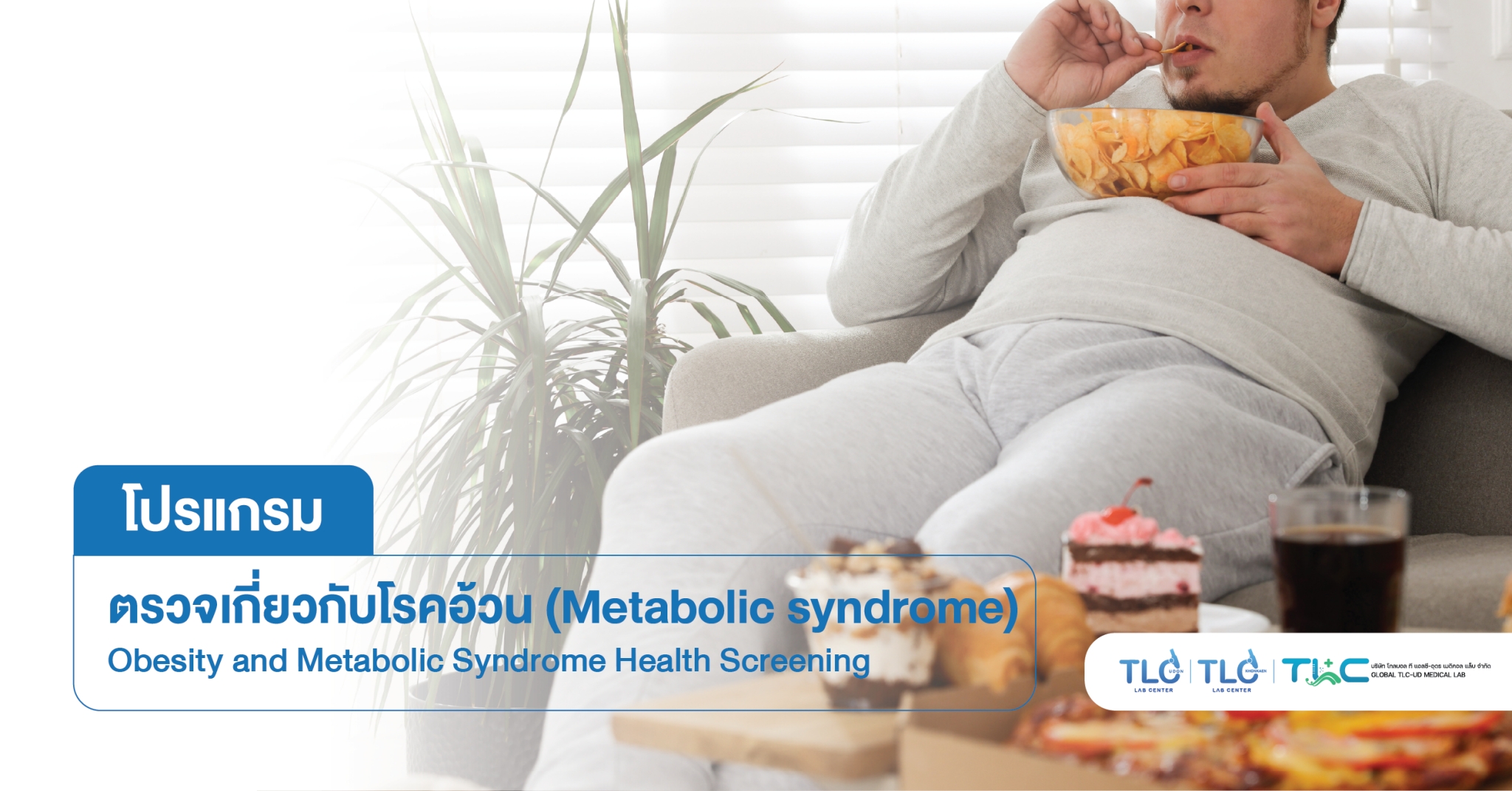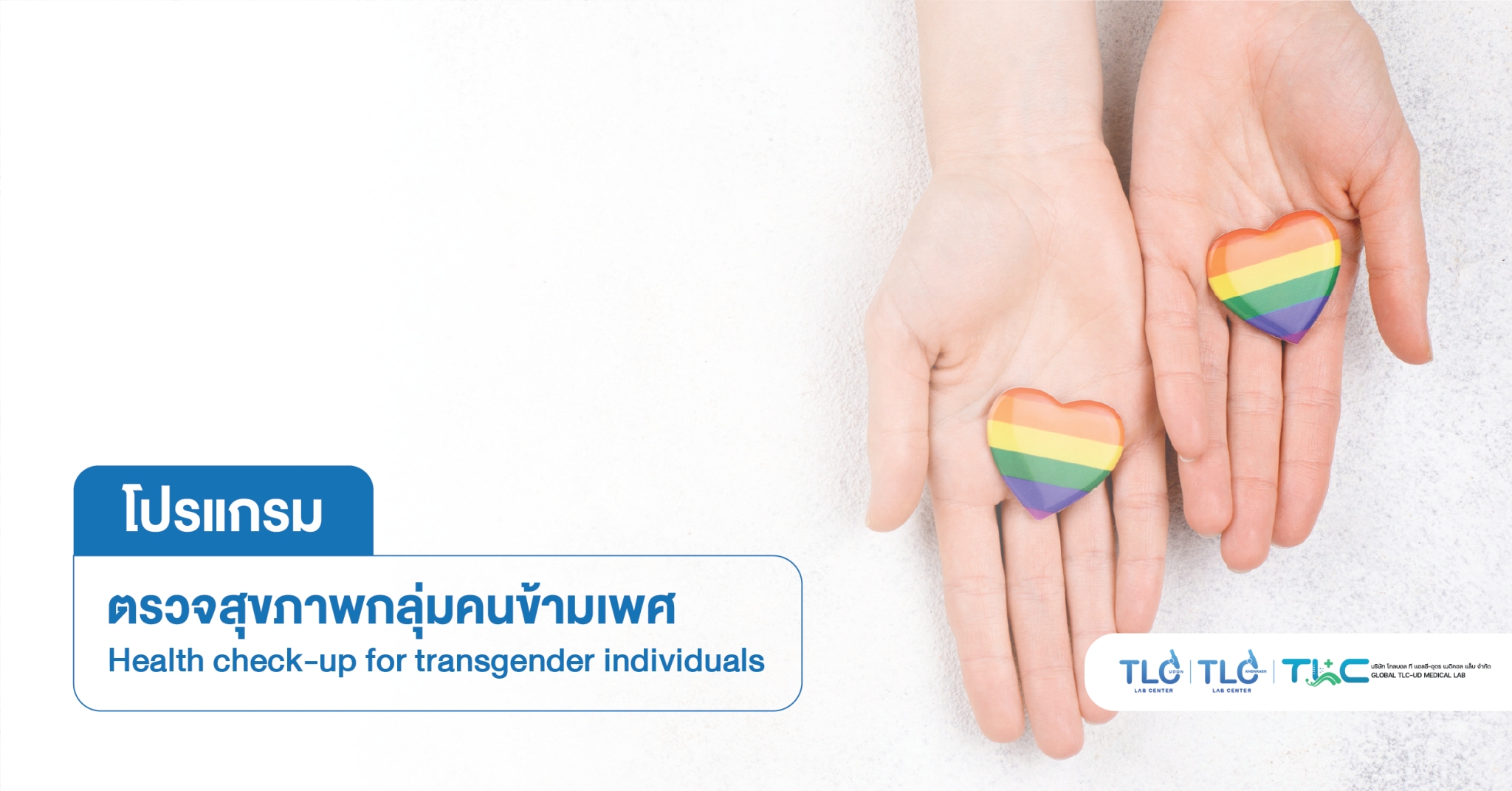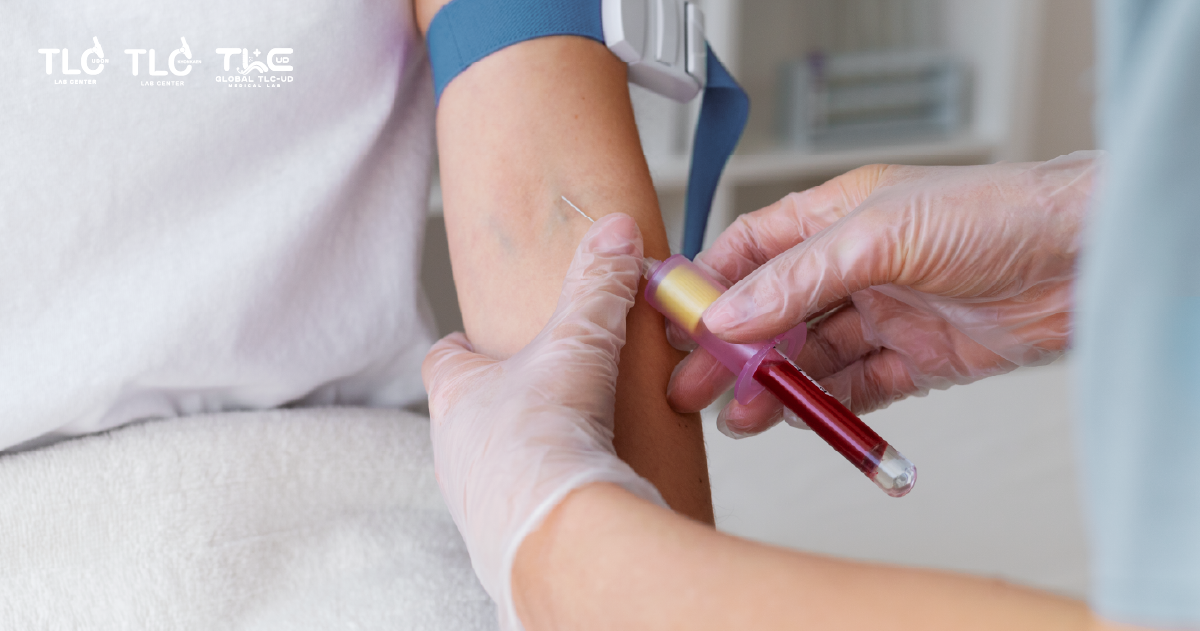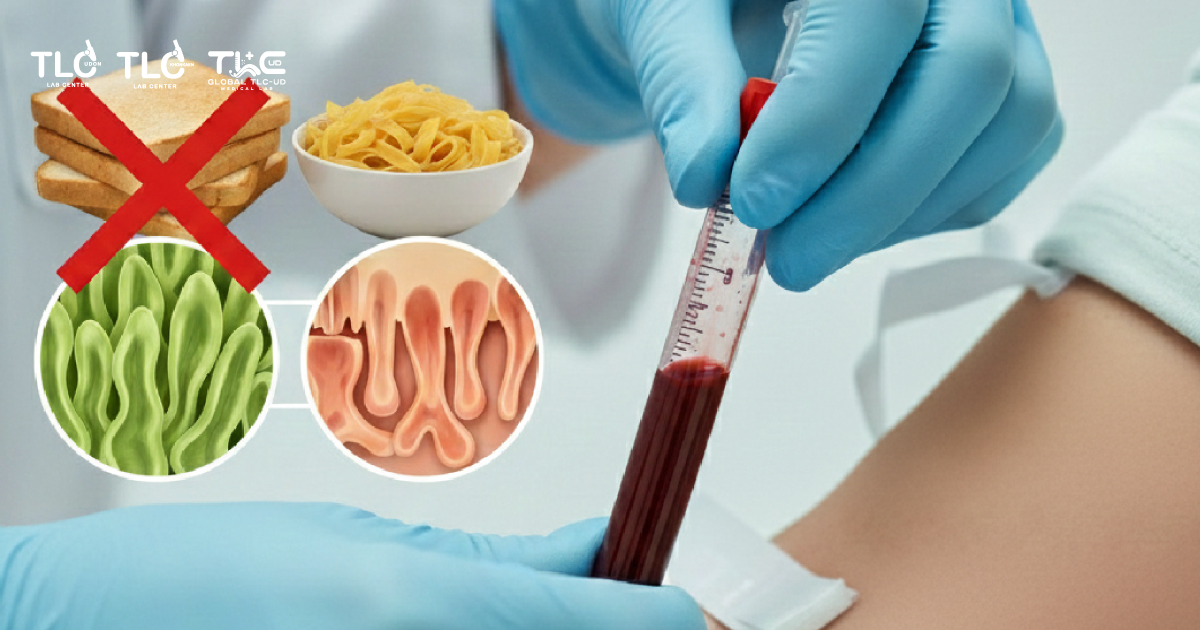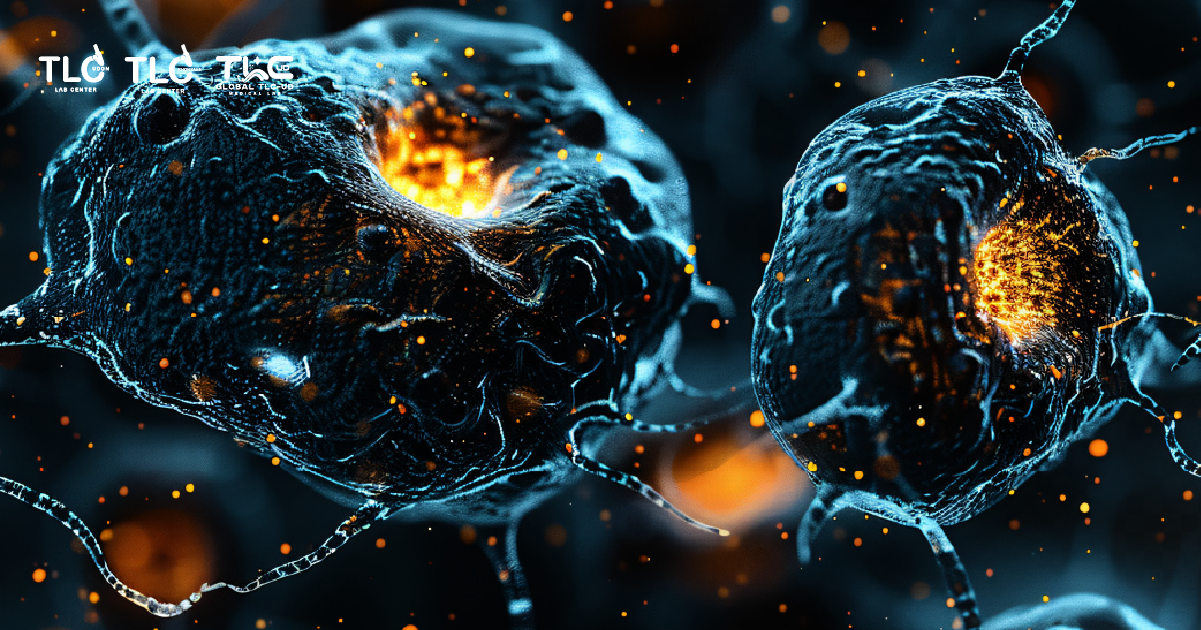Leptospirosis is a zoonotic disease that is a bacterial syndrome that is transmitted by many animals, on average about 10 days or in the range of 4-19 days (it can be as early as 2 days or up to 26 days).
Transmission of leptospirosis
The infection is released with the urine of infected animals and is contaminated by water,moisture soil or vegetables.The infection can enter the body through the skin through wounds and scratches and the lining of the mouth,eyes and nose. It can also enter through normal, soft skin due to prolonged immersion. People often get infected indirectly while trampling in mud. They may contract the disease directly from contact with contaminated animal urine or meat.

Symptoms of leptospirosis
- Acute fever, chills
- Headache
- Severe muscle pain (often pain in the calf thigh back and calf muscles).
- Red eyes, palatal exanthema
- There are bleeding spots on the skin and mucous membranes.
- Sore throat, chest pain
- Cough with phlegm, possibly blood (haemoptysis)
- Enlarged lymph nodes
- Enlarged liver, enlarged spleen
Symptoms are often a combination of several things. It is not specific to a particular organ. Similar to the symptoms of influenza, dengue fever, malaria, typhus fever (typhus), the initial symptoms usually for about 1 week and then improve.

Prevention
- Avoid immersion. Touching water or wading in water that may be contaminated with leptospirosis.
- If you need to wade or work in the water, wear boots and rubber gloves and clean your body immediately with soapy water and dry thoroughly.
- Eat freshly cooked food and keep it in an airtight container.
- Remove garbage and rodent habitats.
Laboratory tests
- Leptospira Ab for IgM and IgG
- Leptospira titer (IFA)



